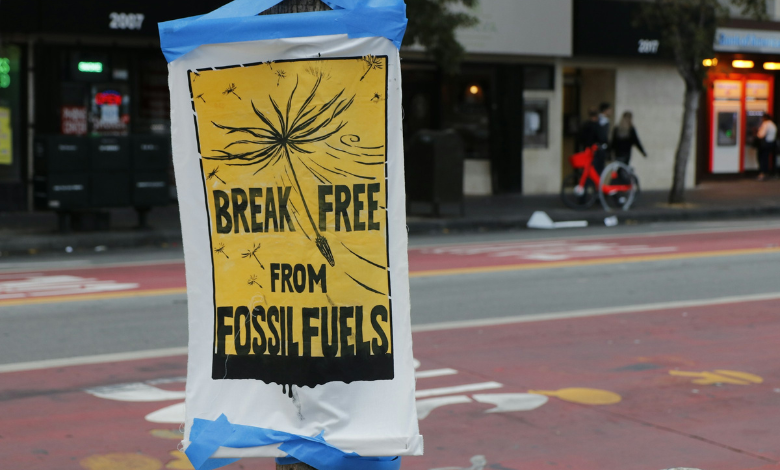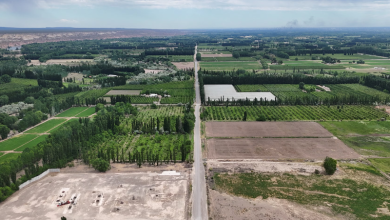Vermont passes first-in-the-nation rule requiring fossil fuel companies to pay for climate change damages

In a historic move, Vermont has become the first state in the US to pass a law that will require “Big Oil” to pay for damage caused by the climate crisis, the long-term shift in atmospheric patterns that is heavily influenced by fossil fuel emissions.
On Thursday, Governor Phil Scott sent a letter to Vermont’s General Assembly paving the way for the measure, which proposes to establish the Climate Superfund Cost Recovery Programme, to become law without his signature.
“Taking on ‘Big Oil’ should not be taken lightly,” Scott noted in that letter. “Big Oil” – or the biggest oil and gas companies across the globe – mostly relies on fossil fuels in their businesses, which are a notorious contributor to global climate change.
Other US states considering similar climate legislation
The United Nations says that fossil fuels account for more than 75% of greenhouse gas emissions. These gases trap heat in the atmosphere and increase global average temperatures, leading to more extreme natural disasters such as storms and floods.
The Agency for Natural Resources is set to oversee the cost recovery programme. Entities would only be required to pay if the Agency determines that their products emitted over 1 billion metric tons of GHG from January 1, 1995 to December 31, 2024.
The amount gathered through this process would subsequently be put into the superfund – to be used to help the US state adapt to the brutal consequences of climate change and develop more climate change-resilient infrastructure.
Vermont no stranger to impacts of climate change
New York, Massachusetts, Maryland and California are also considering similar legislation. The bill in Vermont represents a major step in ensuring that responsible parties like Big Oil be required to also pay a fair share of the cleanup expenses.
Vermont is no stranger to the impacts of climate change. Last summer, catastrophic levels of flooding slammed the state after an estimated 2 months’ worth of precipitation fell within a couple of days, making headlines across the country.
NOAA classified the event as a billion-dollar disaster. The excessive precipitation left entire cities isolated. But as global temperatures rise, such disasters are likely to be more common, as it causes precipitation to increase, fuelling storm systems.



